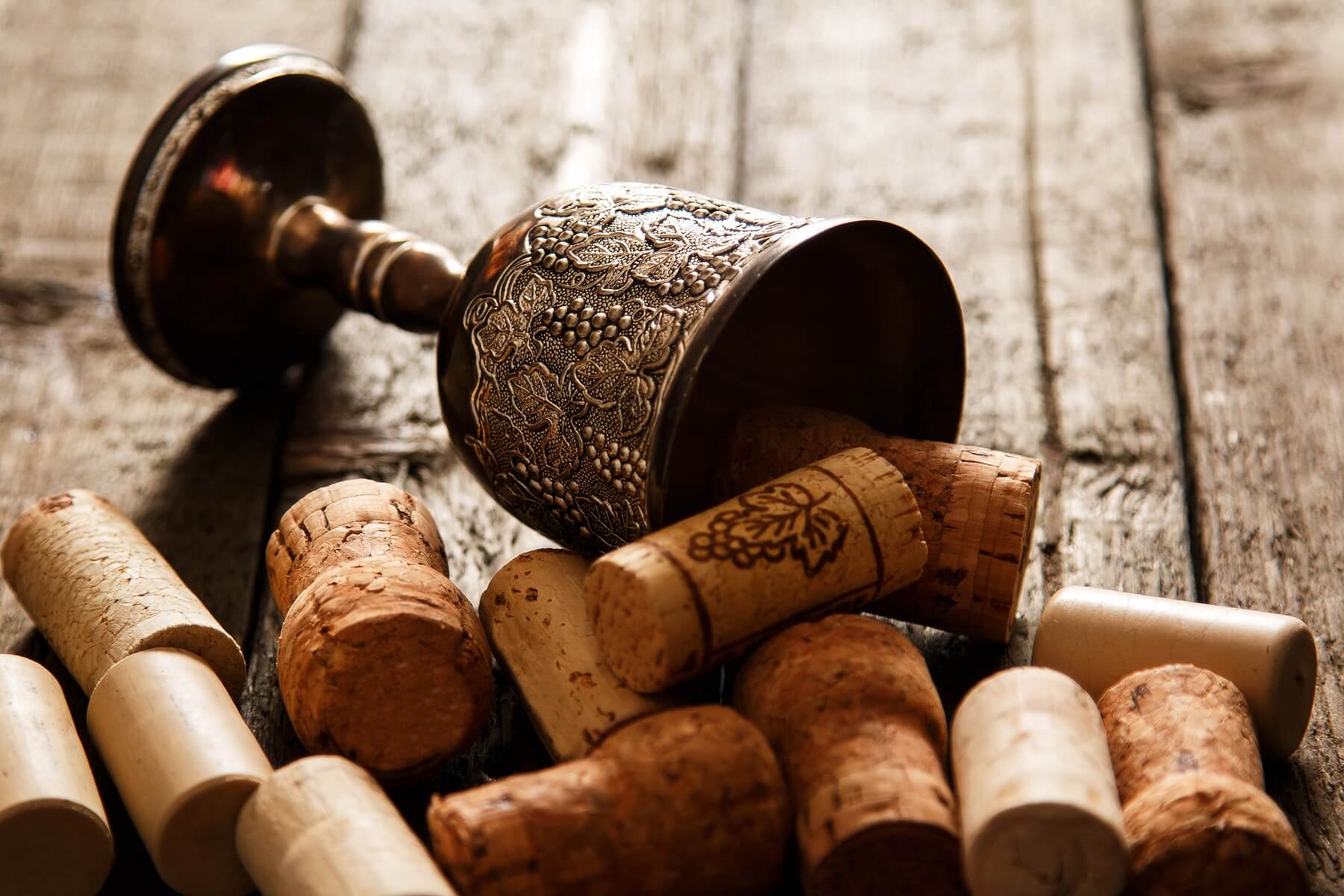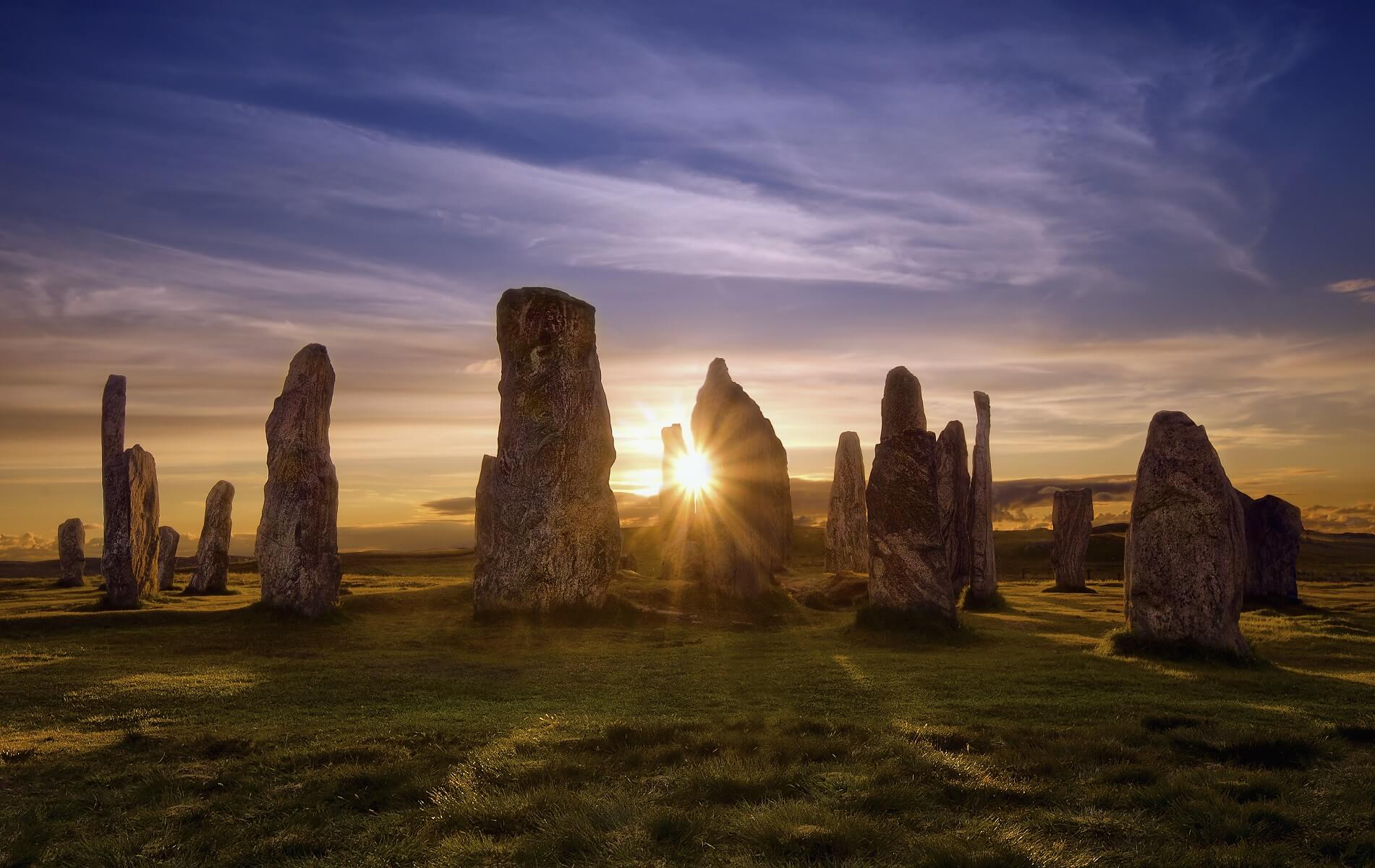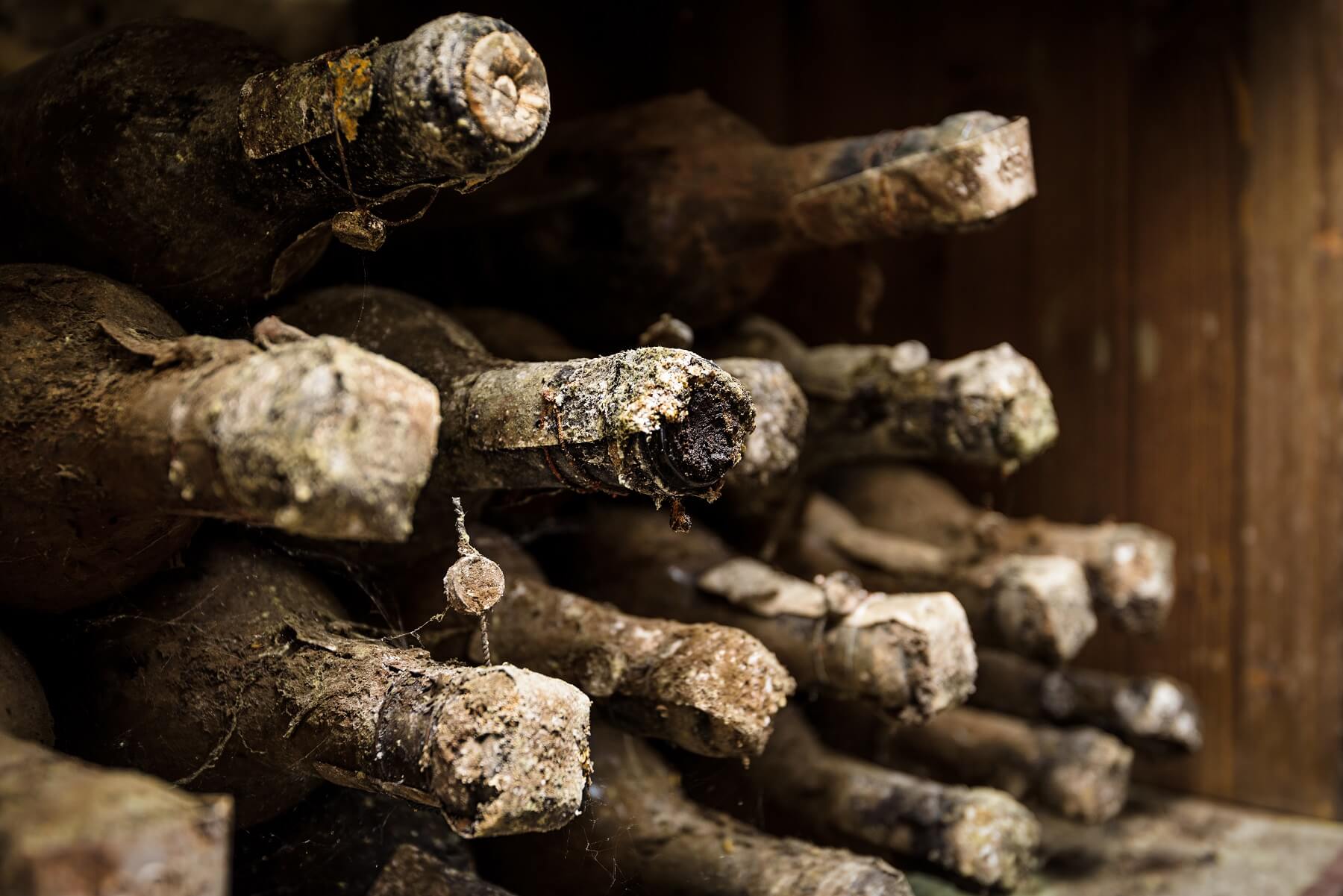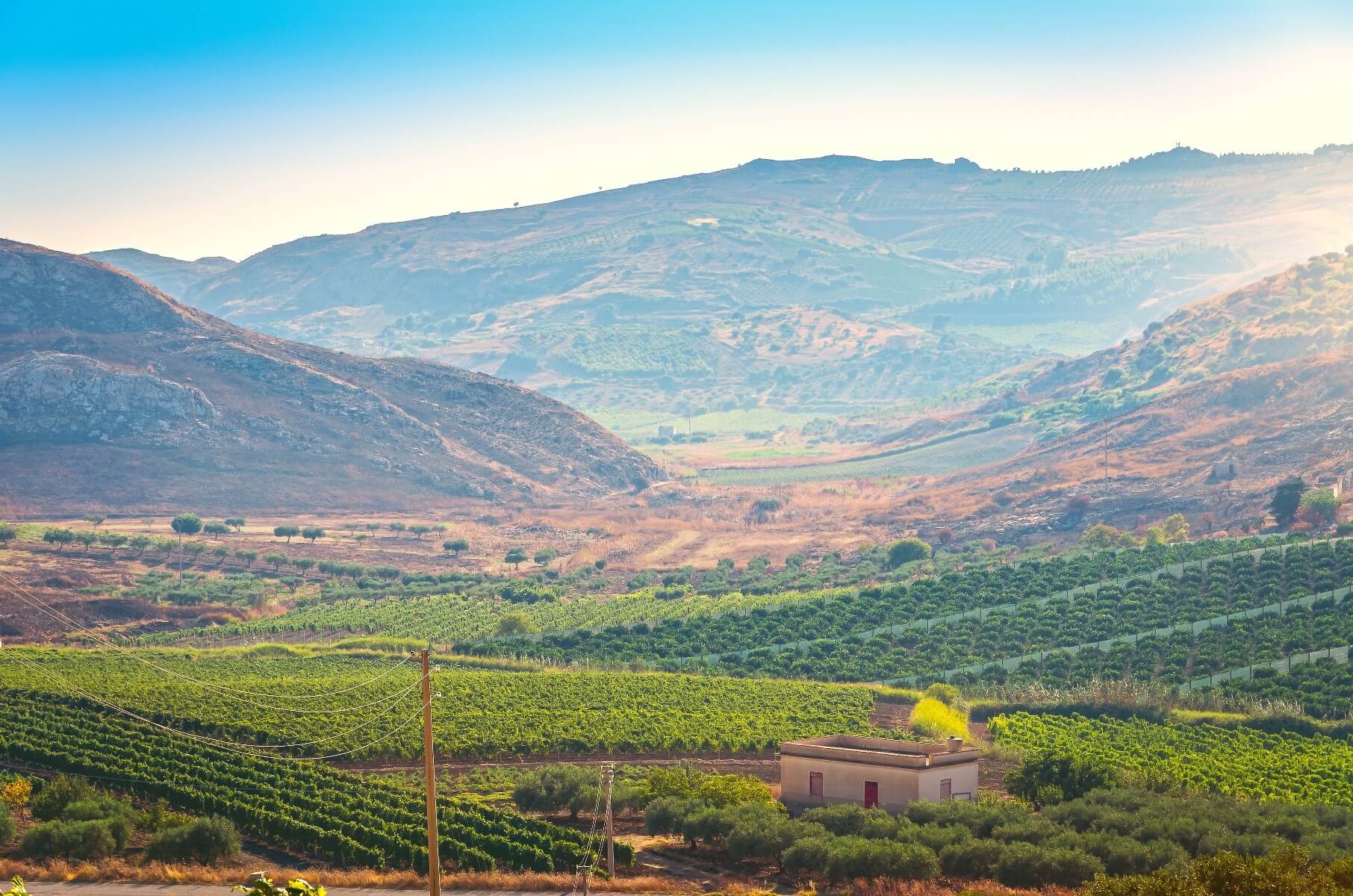

Can you imagine a world without wine? We certainly shudder at the thought - it’s the kind of image that has me waking up at night in a cold sweat.
Wine is an essential part of everyday life; it’s the perfect way to unwind at the end of a long day, it makes every meal complete. But how long do you imagine people have felt this way? For how long has wine featured on ordinary people’s shopping lists?
Most of us are pretty familiar with the recent history of wine, and how it has expanded from its European homeland to much of the rest of the world.
Australia’s wine history goes back a couple of hundred years, and in fact, the oldest continually cultivated vines can be found here down under, at Langmeil Winery in Barossa Valley. Their Shiraz vines now date at around one hundred and seventy years old, and still produce excellent examples of original Aussie red wine.
Many of us are also probably pretty knowledgable about the further history of wine, and in Europe we find existing, working wineries which date back to the earliest years of mass wine production.
France has a few wineries which have stood since the 14th and 15th centuries, and these ‘historic’ European businesses are those which have shaped wine as we know it today.
But can we go back further? Just how long have people been making vino for? Let’s take it back to the very beginning, and find out about the ancient history of wine.

In the beginning...
Wine is old. Like, really old. So old, in fact, that nobody’s completely sure how or why it started, or where it came from. However, very recent archaeological and biomechanical studies have smashed people’s previous assumptions about the earliest wines, and scientists are now claiming that neolithic man was enjoying a drink at the end of a day’s mammoth hunting and wheel-inventing.
Just take that in for a moment - the glass of wine you’re going to enjoy after reading this article is not so different from a drink that a caveman would have sipped at 13,000 years ago.

While the hows and whys of neolithic wine is still a bit of a mystery, and has been discovered after finding chemicals present in wine on neolithic tools, it is supposed that cavemen would have watched animals eating rotten, fermenting fruit and fancied a bit of it for themselves.
One thing led to another, and before long, fruit was being fermented purposefully for the sole purpose of, well, getting a bit drunk. I’m sure I would have felt the need for a drink too, what with living through an ice age and dealing with the responsibilities of taming fire and sowing the first seeds of language.
The earliest wine industry
Wine production as a widespread practice rose its head properly a couple of thousand years later, in various countries around the middle east. The ancient people of Georgia were the first to really move winemaking forward, and at a staggering 8,000 years ago, they were digging pits in the ground in order to make wine in bulk quantities.
The practice started by leaving huge bundles of grapes in the pit through the winter, which would be buried and then dug up again in spring, by which time they would have fermented. Over the next two thousand years, the pits became replaced by large clay vessels - the first wine barrels - which did the job much more effectively. With the secrets of early viticulture under their belts, the ancient Georgian people became powerful trading partners, and quickly, wine spread around the neighbouring countries.

By 5000 BC, Armenia, Iran, and parts of Greece were churning out their own wines, made from native grape varietals which still grow to this day.
The winemakers of Armenia, in around 4,100 BC, started doing something remarkable. Up to this point, wine was being made mainly by early farmers, and was still a bit of a slapdash process using simple clay pots and lots of waiting.
The Armenians were an industrious, inventive people, and sometime around this point, they invented the first winery. Archaeologists recently uncovered the remains of what was once a fully formed, working winery, complete with grape presses, large fermentation vats, and a wide range of different cups and glasses. If wine as a purposefully made, carefully produced drink was born anywhere, it was in a cave in Vayots Dzor, Armenia.
When the Bronze age kicked off, around five thousand years ago, Armenians were still clearly at the top of their game.
Indeed, relief carvings found in Persepolis from around this time depict Armenians presenting their wines to the king, and if their wines were impressive enough to be carved in stone on a palace doorway, they must have been pretty damn fine.
While the vast majority of ancient wines were red (and there are lots of fascinating legends linking red wine to the blood of fallen soldiers etc), white wines were certainly being made in Ancient Egypt. When Tutankhamun’s tomb was raided, clay vessels were found which contained traces of white wine - something to accompany the pharaoh as he journeyed through the afterlife.
Age of Empires
The following stages of wine production in ancient times then passed quickly, as it was clear that wine was something that couldn’t be lived without. It seemed that every new empire that rose around the Mediterranean used viticulture and vineyards as key part of extending their influence - who wouldn’t be won over by conquering hordes bringing booze?
The Egyptians influenced the Phoenicians, who brought wine to Greece, and the Greeks developed vineyards in Italy. So impressed were the Greeks by Italy’s climate and soil quality, they named the country ‘Oenotria’ - the land of wines.
The introduction of wine to Italy was perhaps the defining moment for the rest of the world, as the Roman army thrived on the stuff. Wine was even a method of payment for what was at the time the most powerful military force in the world, and the rise of the Roman empire saw grapes planted everywhere from north Africa, central Germany and Wales. Europe was hooked… and never stopped being so.

Next time you drink some of your favourite wine - no matter where it has come from - raise a glass to those ancient pioneers, experimenters and innovators. We owe them a debt that goes back to the dawn of human history. A world without wine? Don’t sweat - there simply never was one.
On that note, allow us to help you discover your wine personality. Our quiz below will tell you which wines to pick up next!
Next up: Take our Wine Palate Quiz and match your personal tastes to your top three wine types
Do you know your wine personality? If your answer is no, take our quiz to find out which wines to pick up next and build your box!
Build my box





